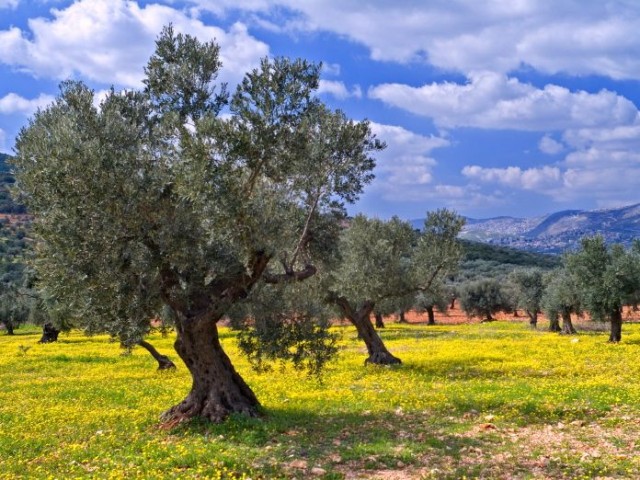On January 21, 2019, Israel celebrates a minor but joyful holiday called Tu B’Shevat. Translated as the 15th day of the 7th month of the Bible-based lunar year, Tu B’Shevat is known as “the new year for trees.” The holiday originates from Leviticus 19:23: “When you enter the land and plant any kind of fruit tree, regard its fruit as forbidden. For three years you are to consider it forbidden; it must not be eaten.”
Implementing this particular command was not simple. How were the Israelites to remember the age of every single tree in the land? To avoid an unmanageable administrative situation, it was decided that each tree’s “birthday” would occur on the 15th day of the 7th month of the year in which that tree was planted. By Tu B’Shevat (approximately February 1), usually the heaviest of winter rains would have fallen. Certain trees such as the almond tree would soon blossom, then bear fruit which could be eaten that year.
The main point of Tu’B’Shevat is the Creator reigns supreme over creation. The earth is His and the fullness thereof. (Psalm 24:1) In every detail of creation, God wants to mediate holy love and life. The three year period of dedication serves to remind us of our mere stewardship, not ownership, of this planet. Every good and perfect gift is from Him.
In the book of Genesis, God gave life-and-death instructions about eating or not eating the fruit of certain trees. Sadly, Adam and Eve disobeyed and partook of forbidden fruit from the tree of life. We all know the tragic result. Yet we look forward to a future tree of life yielding spectacular fruit year round, the leaves of which will heal the nations. (Revelation 22:2)
In the Scripture, people are sometimes compared to trees. “Blessed is the man … whose delight is in the law [or Word] of the Lord…. He is like a tree planted by streams of water, which yields its fruit in season and whose leaf does not wither. Whatever he does prospers.” (Psalm 1:1-3) If the first fruits of trees are to be dedicated to YHVH, ought not the first fruits of all we humans produce be dedicated and given to Him as well?
Tu B’Shevat was observed and remembered during the Jews’ 2,000 year exile from Israel. But during the intervening centuries of Islamic rule, most trees in then-Palestine were chopped down and intentionally destroyed. So at the turn of the 20th century, Zionist pioneers began re-planting trees to help revive the land. They knew how essential trees would be for ecological, agricultural, industrial and other reasons.
Israel still needs trees! You can easily help meet this need and tangibly bless Israel by purchasing trees relatively inexpensively online. The Jewish National Fund will do the physical planting, but you will receive a certificate attesting to your own tree in the Holy Land. A tree can also be bought in honor of a special person in your life as a cherished gift.
Tu B’Shevat reminds us all that the fruit of the righteous is a tree of life. (Proverbs 11:30)


